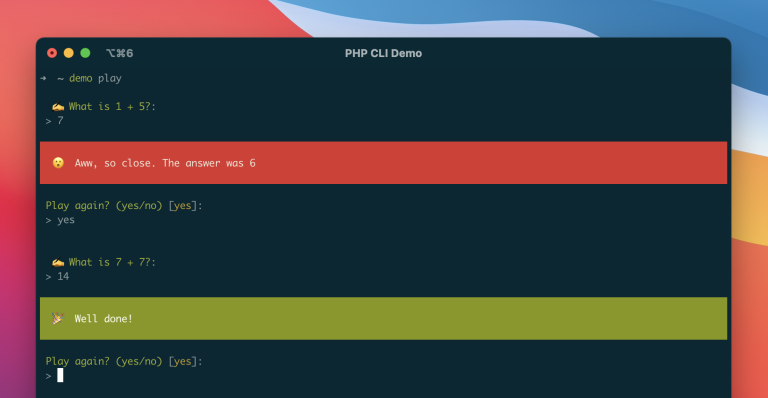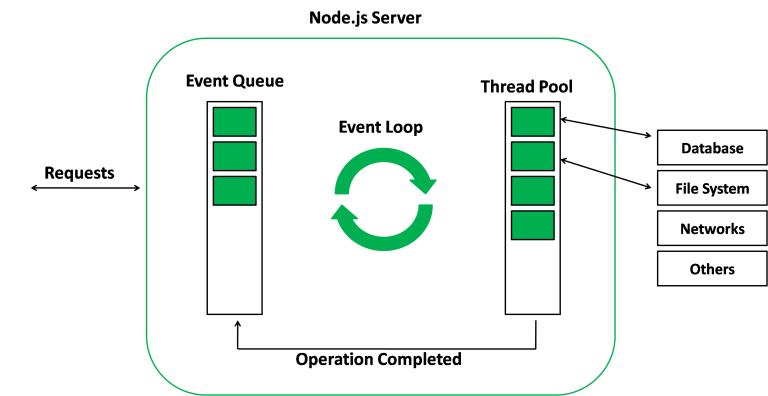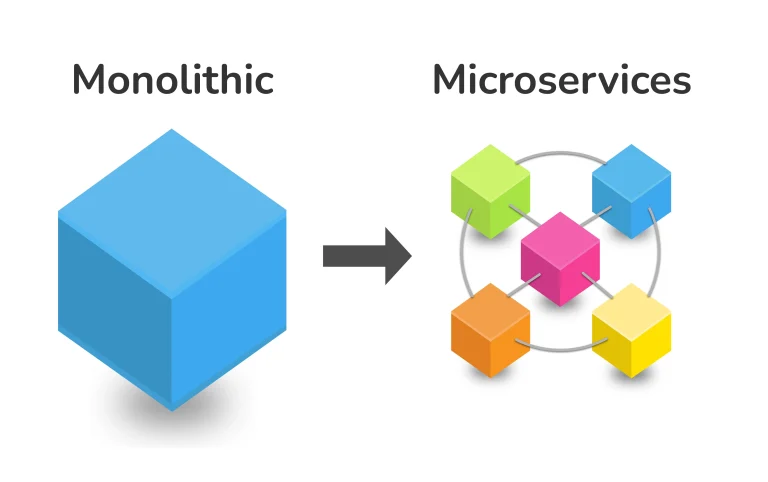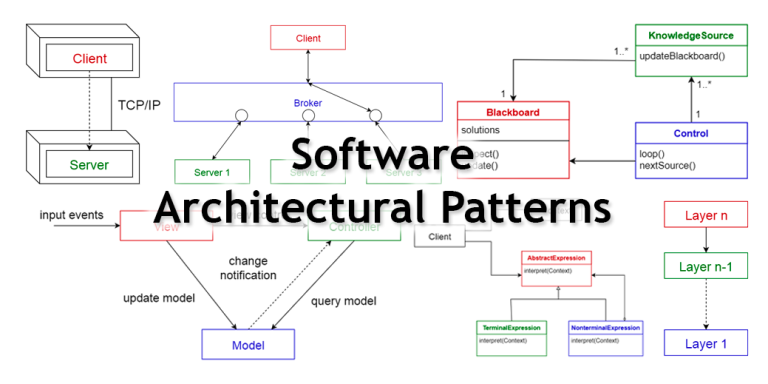Introduction
C# is a powerful and versatile programming language, widely used for building applications on the Microsoft .NET platform. However, developers can still make common mistakes that impact the efficiency, security, and maintainability of their code. In this article, we will explore the top 10 mistakes that C# developers should be mindful of, accompanied by sample code and solutions to address these issues.
- Ignoring Null Reference Exceptions:
Neglecting to check for null values can lead to NullReferenceExceptions, a common runtime error in C#. Here’s an example:
// Incorrect: Not handling null reference string name = GetUser().Name;
Corrected Version:
// Correct: Checking for null before accessing properties User user = GetUser(); string name = user?.Name ?? "Default";
- Misusing Exception Handling:
Using exceptions for flow control or catching overly broad exceptions can lead to confusing and error-prone code. The following code illustrates this mistake:
// Incorrect: Catching a generic Exception
try
{
// Some code that may throw various exceptions
}
catch (Exception ex)
{
// Handle exception
}Corrected Version:
// Correct: Catching specific exceptions
try
{
// Some code that may throw specific exceptions
}
catch (IOException ioEx)
{
// Handle IOException
}
catch (SqlException sqlEx)
{
// Handle SqlException
}- Inefficient String Concatenation:
Concatenating strings inefficiently in loops can lead to performance issues. The following code demonstrates this mistake:
// Incorrect: Inefficient string concatenation
string result = "";
foreach (string s in strings)
{
result += s;
}Corrected Version:
// Correct: Using StringBuilder for efficient concatenation
StringBuilder result = new StringBuilder();
foreach (string s in strings)
{
result.Append(s);
}- Not Using the ‘using’ Statement for Disposable Objects:
Failing to use theusingstatement for disposable objects can lead to resource leaks. The following code neglects proper resource closure:
// Incorrect: Not using 'using' for disposable objects
FileStream fs = new FileStream("file.txt", FileMode.Open);Corrected Version:
// Correct: Using 'using' for automatic resource closure
using (FileStream fs = new FileStream("file.txt", FileMode.Open))
{
// Code that uses the FileStream
}- Misusing Threads and Locks:
Misusing threads and locks can lead to race conditions and other concurrency issues. The following example demonstrates this mistake:
// Incorrect: Shared resource without synchronization int counter = 0; // ... // In multiple threads counter++;
Corrected Version:
// Correct: Using locks to protect shared resource
int counter = 0;
object lockObject = new object();
// ...
// In multiple threads
lock (lockObject)
{
counter++;
}- Inadequate Use of LINQ:
Neglecting the power of Language Integrated Query (LINQ) can result in verbose and less efficient code. The following code snippet illustrates this mistake:
// Incorrect: Traditional loop instead of LINQ
List<int> numbers = GetNumbers();
List<int> evenNumbers = new List<int>();
foreach (int num in numbers)
{
if (num % 2 == 0)
{
evenNumbers.Add(num);
}
}Corrected Version:
// Correct: Using LINQ for concise and expressive code List<int> numbers = GetNumbers(); List<int> evenNumbers = numbers.Where(num => num % 2 == 0).ToList();
- Ignoring Code Readability and Maintainability:
Writing complex and unreadable code can hinder collaboration and future maintenance efforts. The following code neglects readability:
// Incorrect: Unreadable code int result = (a > b) ? (a - b) : (b - a);
Corrected Version:
// Correct: Improved readability int result = Math.Abs(a - b);
- Not Utilizing Dependency Injection:
Failing to use Dependency Injection (DI) can make code less modular and harder to test. The following example demonstrates this mistake:
// Incorrect: Direct instantiation of dependencies
public class OrderService
{
private readonly OrderRepository _repository = new OrderRepository();
// ...
}Corrected Version:
// Correct: Using Dependency Injection for better testability and flexibility
public class OrderService
{
private readonly IOrderRepository _repository;
public OrderService(IOrderRepository repository)
{
_repository = repository;
}
// ...
}- Neglecting Unit Testing:
Failing to write and maintain unit tests can lead to undiscovered bugs and decreased code quality. Here’s an example of insufficient testing:
// Incorrect: Lack of unit tests
public int Add(int a, int b)
{
return a + b;
}Corrected Version:
// Correct: Writing unit tests for the function
[TestMethod]
public void Add_ShouldReturnSum()
{
MyClass myClass = new MyClass();
int result = myClass.Add(2, 3);
Assert.AreEqual(5, result);
}- Hardcoding Sensitive Information:
Storing sensitive information like passwords or API keys directly in the code can pose security risks. The following code snippet demonstrates this mistake:// Incorrect: Hardcoding sensitive information string apiKey = "your_api_key";Corrected Version:// Correct: Using configuration files or secure storage for sensitive information string apiKey = ConfigurationManager.AppSettings["ApiKey"]; if (string.IsNullOrEmpty(apiKey)) { throw new InvalidOperationException("ApiKey not configured"); }
Conclusion
Avoiding these common mistakes in C# development will contribute to more reliable, maintainable, and secure code. C# developers should embrace best practices, stay informed about language updates, and actively seek ways to enhance their coding skills to create successful and efficient applications.


















